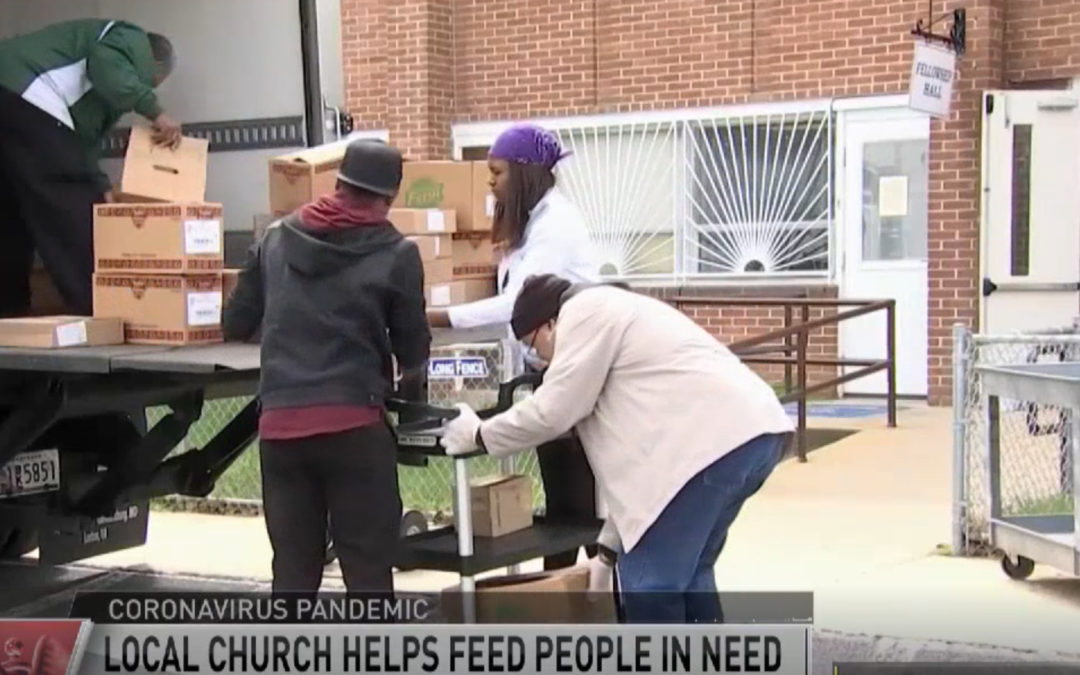[The] power of faith can be harnessed to inspire, guide, and motivate people to heal divisions, resolve conflicts, and build ethical societies. —Dr. Hyun Jin P. Moon (Korean Dream)
More than ever, people are looking to faith leaders to seek out cues and clues on how to act in this time of crisis. Today we constantly see news stories that highlight the best and worst of humanity. When these stories feature faith and religious leaders, they become even more relevant because of the role that they play in wider society.
To say that faith leaders are only relevant to their own specific faith community is inaccurate, especially in today’s global society. A faith leader, no matter the denomination, faith, and tradition, represents something that we can understand as a “higher law” or a sense of a moral universe.
It was moving to read one recent story of an older man who passed away after requested that his ventilator be used for another, younger person in need. Yet when we understood that he was a Catholic priest, the story takes on greater dimensions. It reminds us that a spiritual leader represents their faith in the world and they can play this role through their words, actions, and lifestyle.
In Nigeria, when communities faced a dangerous and widespread malaria epidemic, Bishop Sunday and the many faith and traditional leaders of the Nigerian Interfaith Action Association worked across faith traditions came to spread awareness of practical ways to mitigate the spread of the disease. This was particularly important for the most underserved portions of the population.
The successes of NIFAA can be a model for us today. As we seek to address a solution to the many problems we see in our world today, faith leaders and communities can have an important role to play. In particular, they can play a part in bringing people together across traditions, sharing solutions, building bridges, and encouraging collaboration.
Let’s come together to build a brighter future for all as One Family Under God.

